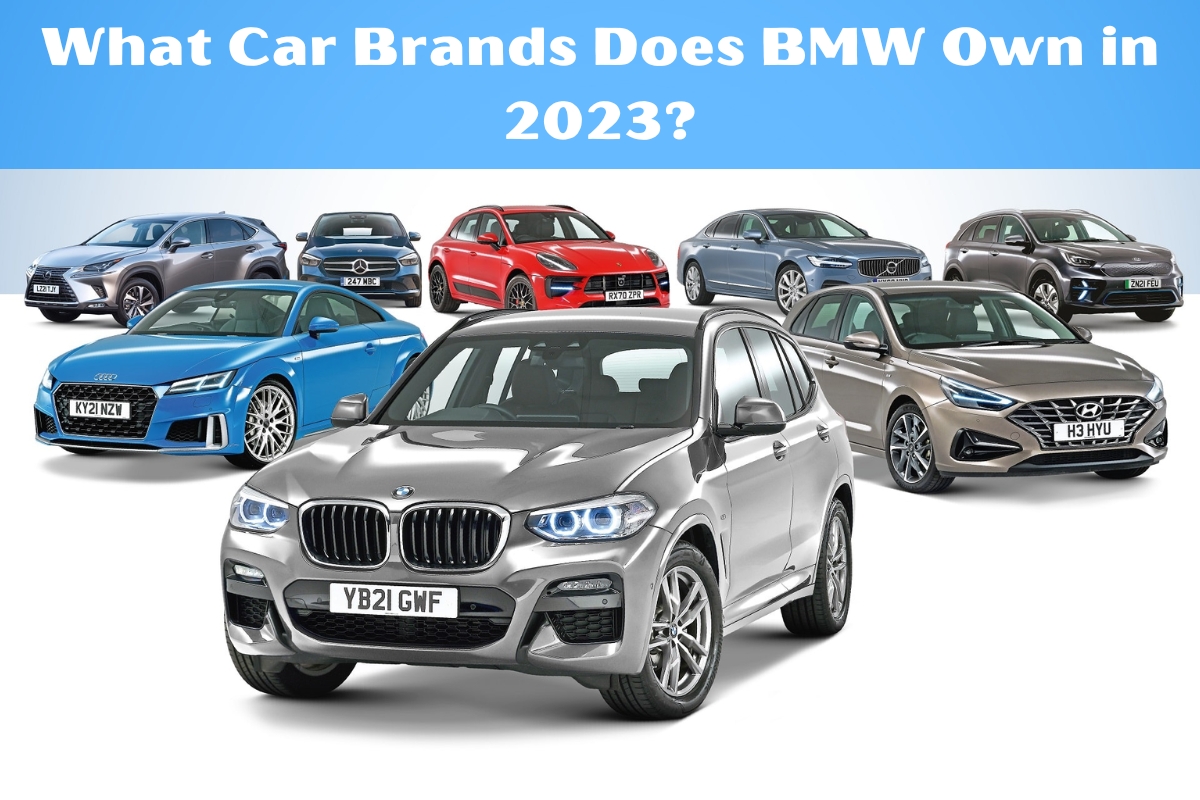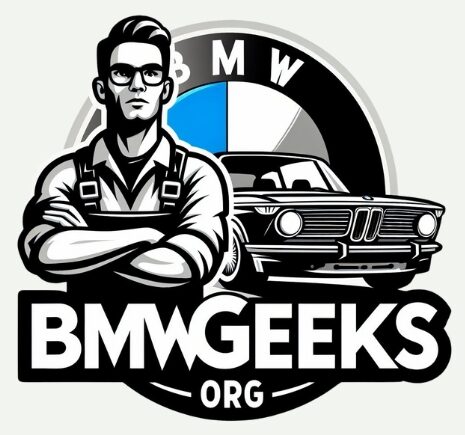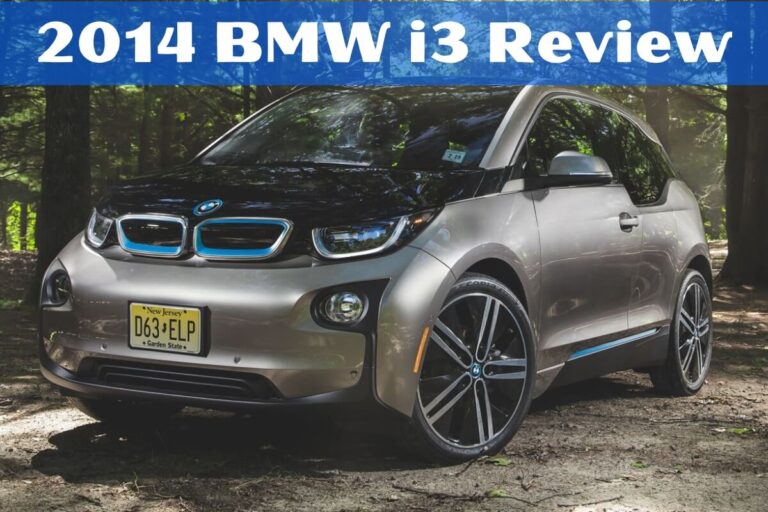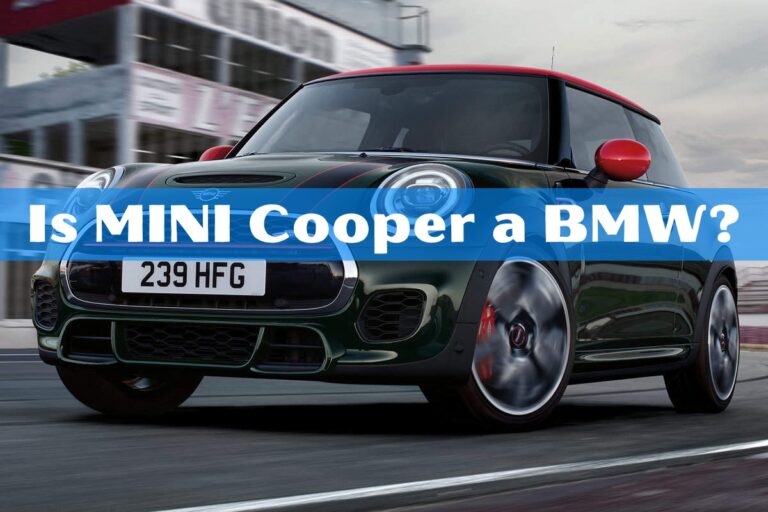What Car Brands Does BMW Own in 2024?

BMW, the German luxury automotive giant, is more than just its core brand. Over the years, BMW has expanded its portfolio by acquiring and owning several other prestigious car brands. If you’re curious about what BMW owns, this comprehensive guide will provide you with all the details you need.
In this article, we’ll explore the rich history of BMW, the brands currently under its ownership, past acquisitions and divestitures, key suppliers and partnerships, and what the future may hold for BMW’s brand portfolio. Let’s dive in!
A Brief History of BMW
BMW, short for Bayerische Motoren Werke (Bavarian Motor Works), was founded in 1916 in Munich, Germany. Initially, the company focused on manufacturing aircraft engines, but after World War I, BMW transitioned into the automotive industry.
In the 1920s, BMW acquired the Dixi/Austin 7 company, which marked the beginning of their foray into car manufacturing. Over the following decades, BMW solidified its reputation as a premier luxury car maker, known for its high-performance vehicles, innovative engineering, and sleek designs.
BMW’s Current Owned Brands
Today, BMW owns several iconic car brands, each with its own unique identity and target audience.
BMW Brand
The core BMW brand is the company’s flagship, offering a wide range of luxury vehicles, including sedans, coupes, SUVs, and sports cars. Some of BMW’s most popular models include the 3 Series, 5 Series, X5, and the high-performance M series.
MINI Brand
MINI, the quirky and stylish British car brand, has been a part of the BMW Group since 2000. BMW acquired the rights to the MINI name and has revived the brand, offering modern interpretations of the classic MINI design. Current MINI models include the MINI Cooper, MINI Countryman, and MINI Clubman.
Rolls-Royce Motor Cars
In 1998, BMW secured the rights to the prestigious Rolls-Royce brand name and logo, becoming the owner of Rolls-Royce Motor Cars. This ultra-luxury brand is synonymous with opulence, craftsmanship, and exclusivity. Some of Rolls-Royce’s flagship models include the Phantom, Ghost, and Cullinan SUV.
BMW Motorrad
While BMW is primarily known for its automobiles, the company also has a dedicated motorcycle division called BMW Motorrad. This division produces a range of high-performance motorcycles, including the iconic R series, the adventure-ready GS series, and the sporty S series.
Past BMW Acquisitions and Divestitures
BMW’s journey hasn’t been limited to its current brand portfolio. The company has made strategic acquisitions and divestitures over the years.
The Rover Group
One of BMW’s most significant acquisitions was the purchase of the British Rover Group in 1994. BMW owned brands like Rover, Land Rover, MG, and others until 2000 when they sold off most of the Rover brands, retaining only the MINI brand.
Other Past Deals
While not as prominent as the Rover Group acquisition, BMW has been involved in other deals throughout its history. For instance, the company briefly owned a stake in the Italian supercar brand Lamborghini in the late 1990s.
BMW’s Suppliers and Partnerships
BMW relies on a vast network of suppliers from around the world to manufacture its vehicles. Some of the company’s key suppliers include Brembo (brake calipers), Dräxlmaier Group (interior panels), Thyssenkrupp (steering columns and suspension parts), and Bridgestone (tires).
Additionally, BMW has forged strategic partnerships with other automakers to enhance its capabilities and reach. For example, the company has collaborated with Toyota on developing hydrogen fuel cell vehicles and with Mercedes-Benz on autonomous driving technology.
The Future of BMW’s Brand Portfolio
As the automotive industry continues to evolve, BMW is positioning itself for the future by investing heavily in electric vehicles (EVs) and exploring potential acquisitions or spin-offs.
Under the BMW i sub-brand, the company has introduced several electric and plug-in hybrid models, such as the i3, i4, i7, and iX. BMW aims to have at least one fully electric model in each of its major vehicle segments by 2025.
Furthermore, BMW remains open to strategic acquisitions or spin-offs that could complement its existing brand portfolio or provide access to new technologies and markets.
Electrifying the Future
One of BMW’s biggest priorities is to lead the transition towards electrification in the luxury automotive space. The company’s dedicated ‘BMW i’ sub-brand is spearheading this effort with a range of fully electric and plug-in hybrid models.
From the innovative i3 city car to the sleek i4 Gran Coupe and the flagship iX SUV, BMW is leaving no stone unturned in offering electric alternatives for every major vehicle segment. The company aims to have at least one fully electric model in each of its core vehicle categories by 2025.
Additionally, BMW is also exploring cutting-edge technologies like hydrogen fuel cells in partnership with Toyota. This could potentially pave the way for emission-free luxury vehicles with extended range capabilities.
Potential Future Acquisitions
While BMW’s current brand portfolio is robust, the company remains open to strategic acquisitions that could complement its existing offerings or provide access to new technologies and markets.
One area of potential interest could be the acquisition of a dedicated electric vehicle (EV) startup or a company specializing in advanced battery or autonomous driving technologies. Such a move would not only bolster BMW’s EV capabilities but also position the company at the forefront of the automotive industry’s future.
Another possibility could be the acquisition of a luxury automotive brand with a strong presence in emerging markets, such as China or India. This would allow BMW to further expand its global footprint and tap into the growing demand for premium vehicles in these regions.
Conclusion
BMW’s brand portfolio is a testament to the company’s commitment to excellence and its ability to cater to diverse consumer preferences. From the performance-oriented BMW brand to the quirky and stylish MINI, the ultra-luxury Rolls-Royce, and the adventurous BMW Motorrad motorcycles, there is something for everyone within the BMW Group.
As the automotive industry continues to evolve, BMW is well-positioned to adapt and thrive. With its strong focus on electrification, openness to strategic acquisitions, and unwavering dedication to innovation, BMW is poised to remain a leader in the luxury automotive space for years to come.
Whether you’re a longtime BMW enthusiast or a newcomer to the brand, there’s no denying the allure and prestige that comes with owning a vehicle from one of BMW’s iconic marques. So, fasten your seatbelts and get ready to experience the ultimate in luxury, performance, and style – because with BMW, the possibilities are endless.





